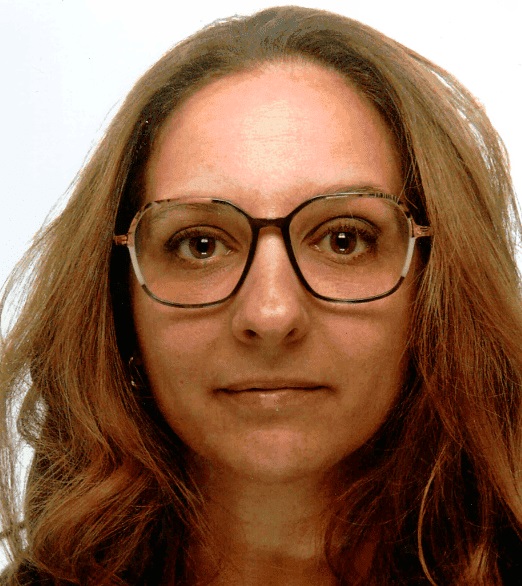Socrate face à l'e-learning. Interactions Hommes - machines - Institutions dans l'acte d'enseigner
Auteur(s) : OZIL Didier
Date de soutenance : 2024
Thèse délivrée par : Université Paul Valéry-Montpellier 3
Section(s) CNU : section 09 : Langue et littérature françaises
Sous la direction de : Céline BRYON-PORTET
Jury de thèse : Emmanuel Jovelin ; Kheira Belhadj-Ziane ; Benoit Le Blanc ; Ali Aït Adelmalek ; Sylvie Pierre ; Céline Bryon-Portet
"L’e-learning se présente sous la forme d’un ensemble d’objets techniques destiné à aider l’enseignement à distance ; ce nouveau mot est donc relié à des pratiques anciennes, comme la formation ouverte à distance, voire la télévision scolaire. Ces outils ouvrent d’autres possibilités, en introduisant, par exemple, le langage de l’image, la scénarisation, le jeu, l’immersion, mais également d’autres formes d’approches pédagogiques comme la classe inversée. Notre travail de recherche observe l’e-learning dans deux contextes d’utilisation différents. D’une part, la formation continue professionnelle, sur différents cas où l’e-learning a été choisi. D’autre part, l’université où la distanciation sociale de 2020 a contraint à une utilisation massive d’un enseignement à distance d’urgence. L’approche inductive de notre travail permet d’appréhender de façon compréhensive un phénomène multiple, compliqué, mais en même temps facilité, par la percussion que représente la pandémie de 2020. À partir d’entretiens, analysés par une méthodologie par théorisation enracinée, nous cherchons l’influence que l’outil peut avoir sur le contenu, dans deux traditions d’enseignement différentes, encadrées par un macro-social qui cloisonne l’une et l’autre dans des projets bien arrêtés. À la lumière de l’éthique de la transmission et du partage des savoirs, le recours massif aux outils numériques, à l’intelligence dite artificielle, à la distance entre maîtres et apprenants, conduisent-il cet acte structurant des sociétés humaines, l’acte d’enseigner, vers un profond renouvellement ou menace-t-il, par sa marchandisation, de le renvoyer au statut d’objet ?"
Socrates facing e-learning. Interactions between Human, machine, Institutions in the act of teaching
"E-learning is presented as a set of technical objects intended to support distance learning ; this new word is therefore linked to old practices, such as open distance learning, or even student television. These tools open other possibilities, by introducing, for example, the language of images, scripting, interactive games, but also other forms of pedagogical approaches such as inverted classroom. Our research work observes e-learning in two different contexts of use. On one hand, adult education and training, on different cases where e-learning was a choice. And, on the other hand, the university where the distance due to the pandemic of 2020 forced a massive use of emergency remote teaching. The inductive approach of our work allows us to comprehensively grasp a multiple, complicated phenomenon, yet at the same time facilitated by the impact of the 2020 COVID situation. From interviews, analyzed by a methodology of grounded theory, we seek the influence that the tool can have on the content, in two different teaching traditions, framed by a macro level that segregate one and the other tradition in well-defined projects. Considering the ethics of the transmission and sharing of knowledge, does the massive use of digital tools, of so-called artificial intelligence, of the distance between teachers and learners, lead this structuring act of human societies, the act of teaching, towards a profound renewal or does it threaten, by its commodification, to devalue it as an object ?"
URL : https://theses.hal.science/tel-04920632v1
mot(s) clé(s) : enseignement et formation à distance, enseignement supérieur, formation continue














